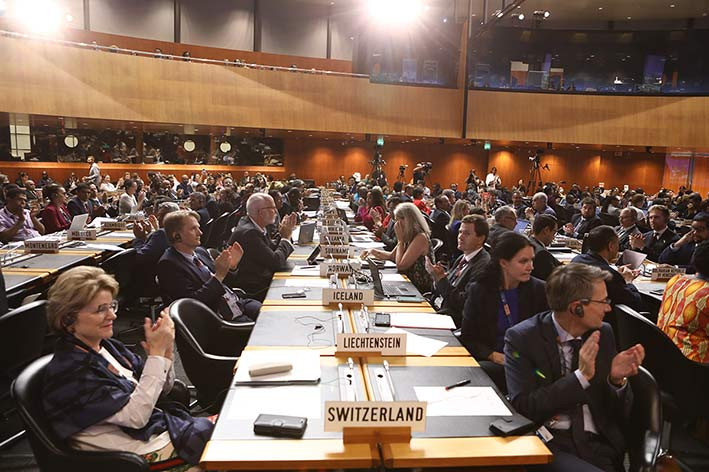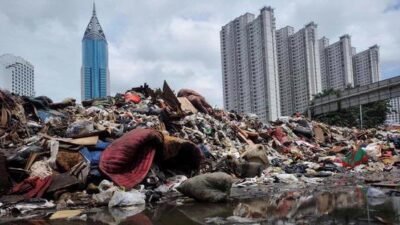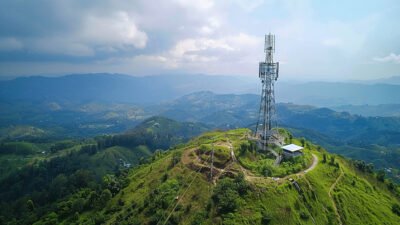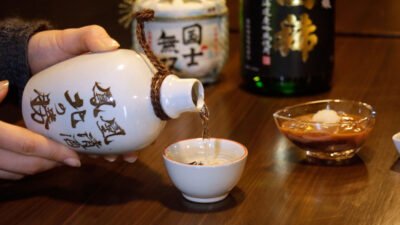The WTO Speaks: Tariff Wars Reshape the Global Economy
In a recent statement, the World Trade Organization (WTO) warned that rising trade tensions and retaliatory tariffs are not only disrupting the global economy but also creating new opportunities for innovation and cooperation. As more countries adopt protectionist measures, the WTO highlights the dual impact of tariff wars—both as a source of economic challenge and as a potential catalyst for structural change.
A World Divided by Tariffs
Over the past few years, the world has witnessed an increase in tariff-based trade conflicts, particularly between major economies like the United States and China, as well as other regional powerhouses. These tariffs have disrupted traditional trade flows, increased costs for businesses and consumers, and triggered uncertainty across global supply chains.
The WTO notes that such protectionist policies are creating a more fragmented trading environment, where countries are reevaluating long-standing trade agreements and turning inward to protect domestic industries.
The Challenges: Growth, Costs, and Supply Chains
According to WTO data, the surge in tariffs has slowed global trade growth. Small and medium-sized enterprises (SMEs) are especially vulnerable, as they often lack the financial buffers to absorb higher import or export costs.
Furthermore, disrupted supply chains—especially in sectors like electronics, automobiles, and agriculture—are leading to higher prices and delivery delays. Developing countries that rely heavily on exports are feeling the brunt, facing reduced demand and shrinking foreign investment.
Inflationary pressure is also mounting, pushing central banks into difficult policy positions. As a result, global economic recovery remains fragile, especially in the post-pandemic era.
The Opportunities: Resilience, Diversification, and Innovation
However, the WTO emphasizes that this crisis also presents an opportunity for countries and businesses to adapt and innovate. For instance, many firms are now diversifying their supply chains to reduce dependency on any single region. This shift is creating new trade routes and partnerships, particularly among emerging markets.
Moreover, governments are investing in local manufacturing capabilities, boosting job creation and long-term competitiveness. Some nations are also exploring green trade policies, aiming to align economic resilience with sustainability goals.
In short, while the trade war introduces short-term pain, it may also drive long-term transformation that strengthens the global economy.
WTO’s Call to Action: Dialogue Over Division
The WTO is urging global leaders to prioritize cooperation over conflict. Open dialogue, transparent negotiations, and reform of the global trading system are essential to avoid deeper economic fragmentation.
The organization also encourages countries to support rules-based trade, which ensures fairness, predictability, and inclusivity—particularly for less-developed nations trying to compete on the global stage.
Final Thoughts: A Trade War Crossroads
The global economy stands at a critical crossroads. Tariff wars are challenging decades of free trade progress, yet they also offer a moment to rethink, rebuild, and reimagine how nations interact economically.








